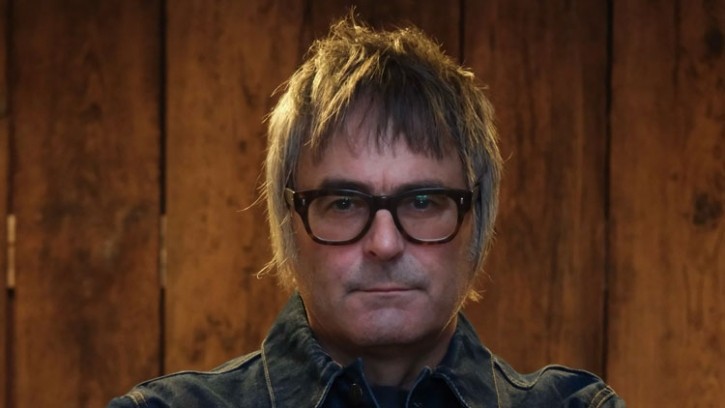Generation Next
“I baulk at the definition of us as a food hall” – Nick Johnson MBE on 10 years of Altrincham Market

It’s 10 years since you took over Altrincham Market, how did that opportunity first come about?
I’d previously spent my career working in regeneration within real estate, trying and effect transformational changes in different places. Altrincham was my hometown, and it was a place deeply in need of this change. It was a market town and had been since 1290, but it had lost its sense of existence and needed to redefine itself. I began thinking about how when I travel to a new place, what I’m really interested in is their sense of identity and what makes them special, and very often that takes the form of a market where local produce is made available by independent traders. They define a place’s identity. The idea was to affect transformational change without involving any banks, using money I had and council funds to transform Altrincham into modern market town. The council asked if I would do it, and it all went from there.
How long did it take from there to get it open?
It took about 18 months as we had to go through various compliance protocols before we could rent it, but eventually we had the rights to operate it. No one knew what it was about to become, including ourselves. People say it’s a great concept, and it baffles me that people think sitting down and eating and drinking is a concept. There was nothing conceptual about what we did. I baulk at the definition of us as a food hall. We were just reinventing the space. The food side of it came from the fact that myself and Jen [Thompson, Johnson’s partner and fellow co-founder of Market Operations] had four daughters and there was never usually somewhere where we could sit down and enjoy some street food when we visited similar markets. As a starting point Jen described it as being a place where you could shelter from the rain and enjoy some good local street food and produce.
What was the street food scene in Manchester like back then?
It was and remains a patchwork. Some good, some bad. That’s the role Jen has played. She’s been able to spot the talent. People assume it was like it is now from day one, but it wasn’t. When we originally opened there was Honest Crust pizza, BlackJack Brewing and Reserved Wines. That was it, all the other spaces were unoccupied as we hadn’t found the right people to go in. That came over the next six months or so. First, we let them trade in the covered market, and if they were successful then we could look at giving them a permanent space in the Market House.
What makes a good street food trader?
Above everything else, they need to be passionate and talented in what they do. If what they’re doing isn’t any good, it’ll never succeed. You also have to want to make money. It’s no good doing this if you just think it’s a pastime, you have to be committed because if you can’t cut it in terms of your own ability to survive, it’s pointless carrying on. You have to have an ability and an eye to make money. And you have be able to operate collegiately. Major egos can leave by the fire exit because you can’t operate in a collegial environment if your ego is bigger than the place itself. So, we have to find people who have those qualities and are able to recognise and work with each other in an act of collective endeavour. And finding those people is trickier than you might think.
Are there specific cuisines or dishes you always make sure are on your roster?
It’s not something we specifically consider. The great thing about the market environment is if things aren’t working you can change them pretty quickly. There have been concepts that haven’t worked and usually if it isn’t working for the kitchen then it’s not working for us either. In that instance I speak to them and usually we’re in complete agreement that it’s not working. When that happens, we can turn a unit around between concepts within 48 hours. We don’t have any contracts with anybody. There’s no legally binding relationship between any of us other than an alignment of interests. But we’re still working together and getting on as a business together. People look at it and think it’s easy, but there’s far more to it than that.
Do you think concepts similar to Altrincham Market could be used to rejuvenate highstreets more generally in the UK?
They’re something that’s very hard to get right. The high street is facing an existential crisis and I don’t think what we do is the answer in all given situations. There are many answers about how one might transform the highstreet, but there isn’t actually an intelligent dialogue taking place on how to solve it. It’s always amazed me the profound capacity for food to be an essential driver in that transformational change hasn’t been fully recognised. And it staggers me, and that dialogue really needs to start taking place now with local authorities and with a new government to confront these issues.
Nick Johnson MBE spoke as part of Restaurant's Generation Next event, which was held in Manchester on 20 March
![edited_(21_of_34)[1]](/var/wrbm_gb_hospitality/storage/images/media/images/edited_-21_of_34-1/6310902-1-eng-GB/edited_-21_of_34-1.jpg)
























